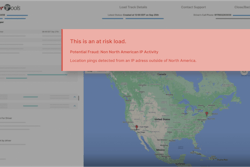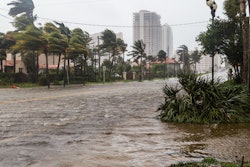
As European companies prepare for the phased implementation of the Corporate Sustainability Due Diligence Directive (CSDDD), a new survey among 400 European companies, conducted by EQS Group and the University of Applied Sciences Ansbach, reveals critical gaps in supply chain transparency and the resources required to comply with the new Directive.
According to the companies surveyed, a significant lack of personnel as well as financial resources is currently the biggest challenge organizations face in relation to the Directive. In addition, they cited documentation and reporting requirements as well as lack of supply chain visibility as key issues. However, only 30 % of companies are planning to allocate additional resources – budget, staff, or IT tools – to address these challenges and meet the requirements of the CSDDD.
“The deeper you go into the value chain, the more complex the risks become”, says Professor Dr. Stefanie Fehr, lead researcher of the study at Ansbach University. "This poses significant challenges for businesses seeking to comply with the new regulation, and requires a proactive, risk-based approach.”
Achim Weick, founder and CEO of EQS Group says, “The complexity of global supply chains presents not only challenges but also significant opportunities to build a more sustainable infrastructure. The CSDDD, as well as the German Supply Chain Due Diligence Act, offers an opportunity for companies not only to meet legal requirements but also to strengthen the trust of business partners and customers. By investing in transparency and responsibility now, companies can gain a lasting competitive advantage. To fully capitalize on this, further investment in technology solutions will be crucial to compensate for staff shortages.”
Key Takeaways:
- While companies are confident in their ability to manage risks within their direct operations – 84 % reported low risk – the level of perceived risk escalates further along the supply chain. For indirect suppliers, more than half of respondents (55 %) rate the risk of human rights and environmental violations as high or very high, while 41 % rate it as medium.
- 94 % of organizations have established a whistleblowing channel in accordance with the EU Whistleblowing Directive or national whistleblowing legislation. Since the introduction of these channels, 73 % have received no reports regarding human rights or environmental violations. When reports were received, they were usually made anonymously, so they could not be assigned to a specific group of people such as employees or other affected parties.
- Despite resource constraints, companies are prioritizing ESG issues in their supply chain strategies, recognizing that human rights and environmental protection are increasingly shaping their supplier relationships, business practices, and risk management. 68 % have integrated human rights and environmental issues into their risk management processes, ensuring that these criteria are considered in the selection of suppliers. Of these organizations, 26 % are using digital solutions to support risk management, highlighting the growing role of technology in achieving compliance.

















